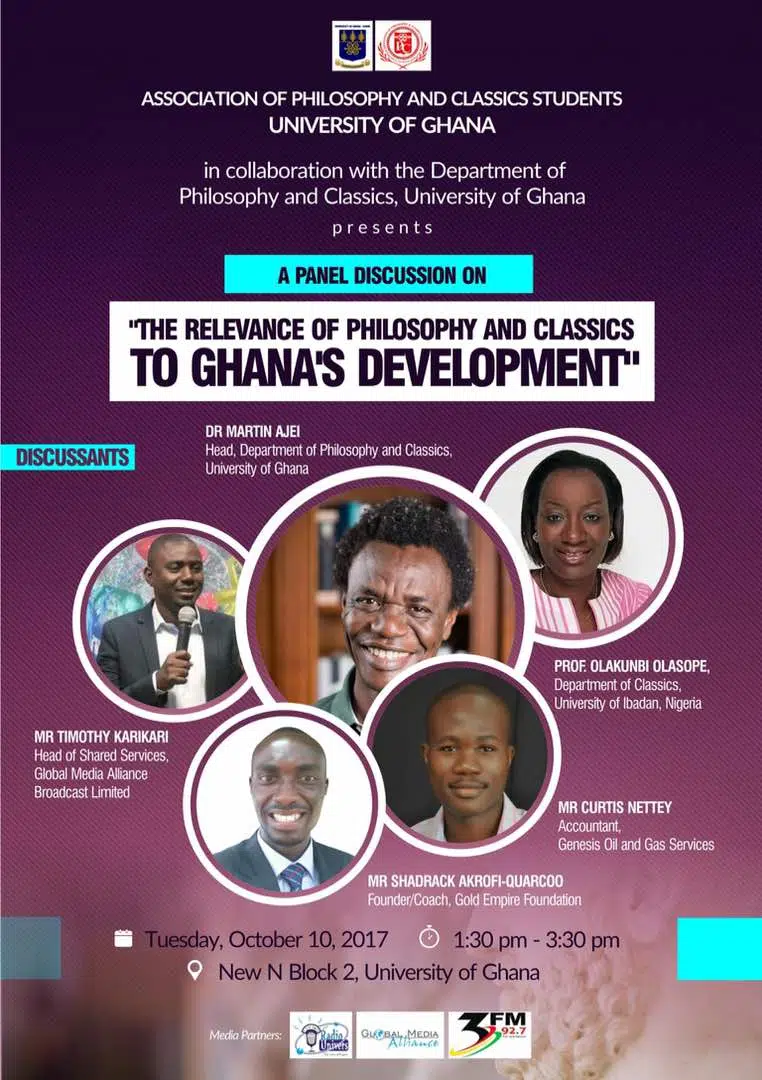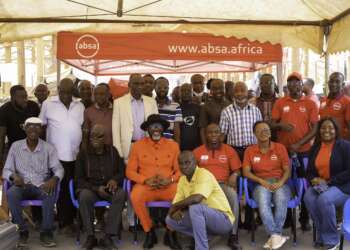For many years, attacks have been made against the value of the liberal arts for the development of nations, especially developing countries. The argument has been put forward that science and technology are more important to the development of a country like Ghana. But this argument has been made in the context of a narrow definition of development. Development does not refer only to scientific and technological advancement. Without developing the right policies, inculcating the right values, and producing ethical guidelines, science and technology will do nations more harm than good.
Another misconception is that liberal arts subjects do not make graduates employable. Many wonder for example what they can do with a degree in Philosophy or Classics, forgetting that, unlike specialised courses like medicine and pharmacy, a first degree does not fix one into any profession. Even in the case of medicine and pharmacy, graduates are required to write licensing exams before they become qualified to practise. Moreover, call for job applications are often open to all subject fields.

So, where do these misconceptions come from? What can be done to erase them? Of what relevance are philosophy and classics to our development as a nation? Could philosophy and classics provide the necessary foundations for developing in graduates excellent critical thinking and attitudinal skills? How do philosophy and classics shape our ideas of freedom of speech, the rule of law, democracy, equality, ethics, and human rights?
These questions will be explored at a panel discussion being organised by the Association of Philosophy and Classics Students in collaboration with the Department of Philosophy and Classics, at the University of Ghana. The event, which will be held on Tuesday, October 10, 2017 at the University of Ghana (New N Block 2) from 1.30pm to 3.30pm, is on the theme “The Relevance of Philosophy and Classics to Ghana’s Development”. The programme also forms part of the annual orientation for level 100 students in the Department.
The panel is made up of Dr Martin Ajei, Head of Department of Philosophy and Classics, University of Ghana; Prof. Olakunbi Olasope, Department of Classics, University of Ibadan and visiting scholar at the Department of Philosophy and Classics, UG; Mr Shadrack Akrofi-Quarcoo, a Philosophy alumnus, Executive Director of the Gold Empire Foundation and author of Retire Before 40; Mr Curtis Nettey, a Classics alumnus and Accountant at Genesis Oil and Gas Services; and Mr Timothy Karikari, Head of Shared Services at Global Media Alliance Broadcast Limited.
The Association of Philosophy and Classics Students (APHICLAS) was formed from a merger of the Classics Students’ Association and the Philosophy Students’ Association in 2012. The patron of the association is Mr Michael Okyere Asante, a senior member of the Department of Philosophy and Classics, University of Ghana.
For further enquiries: Mr Michael Okyere Asante
Email: [email protected]















